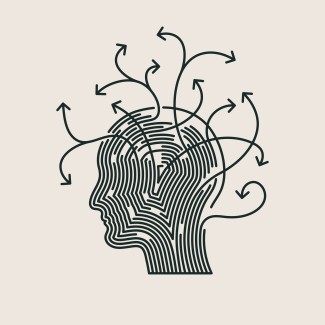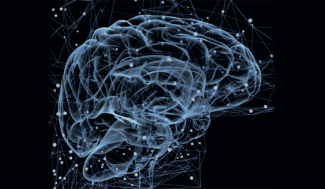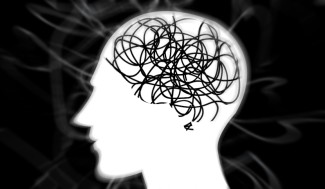Obsessive-Compulsive Disorder (OCD) is the fourth most commonly treated psychiatric disorder after phobias, addiction, and depression.
Diagnosing Obsessive-Compulsive Disorder (OCD)
The diagnosis of obsessive-compulsive disorder is based on a clinical examination revealing the presence of obsessions, compulsions, or both. One or both of these symptoms must disrupt the person’s daily life for at least one hour per day for the diagnosis to be made. Some patients spend up to eight hours a day on obsessions and rituals.
A diagnosis of OCD can also be suggested when the patient experiences intense distress or suffering with serious consequences on his or her daily, personal, or professional life.




